Celebrating Max Reinhardt’s 150th Birthday
The Enchanting Reality of Theatre
(9 September 1873 — 31 October 1943)
Autumn 2023 marks a double commemoration for the theatre world: the 150th anniversary of Max Reinhardt’s birth, and the 80th anniversary of his death. Reinhardt, who built an extraordinary theatrical empire at the beginning of the 20th century, has been called the first modern director, idolized as a ‘magician’ of the theatre, and hailed as the embodiment of an impresario of international stature, whose impact was felt around Europe — Berlin, Vienna, Salzburg — and also in the United States.
In 1920, not long after the horrors of World War I, Reinhardt had the brilliant idea of performing Hofmannsthal’s Jedermann (Everyman) on the Cathedral Square. With some of the best actors from his ensembles, and the cathedral as an imposing backdrop, he created an enduring cultural tradition for Salzburg. His impressive staging of Hofmannsthal’s ‘Play of the Rich Man’s Death’ was also the founding act of the Salzburg Festival.
Reinhardt, who had begun his acting career at the Salzburg Stadttheater and bought Schloss Leopoldskron in 1918, was not only a visionary director but also an astute strategist who was shrewd enough to programme his own productions in Salzburg, brought in from Berlin and elsewhere. Alongside his production of Jedermann and Hofmannsthal’s mystery play Das Salzburger große Welttheater (The Salzburg Great World Theatre), Reinhardt’s staging of Faust (1933—7) can be regarded as ‘made in Salzburg’. For this production Clemens Holzmeister built an entire town in the Felsenreitschule — a project that documents Reinhardt’s instinct for the ‘latent theatrical potential of places’ (Monika Mertl).
Reinhardt’s Faust was performed for the last time in 1937. The sense of an impending catastrophe was already palpable. ‘Deceit eats into all personal ties. Handshakes are poisoned’, reported Berta Zuckerkandl, who was an eyewitness to Reinhardt’s final summer in Salzburg and the anti-Semitic atmosphere, ‘many a conniving soul is already eyeing up the assets of those who may be driven away and plundered.’ In the autumn of 1937, Reinhardt left Austria for Hollywood. In March 1938, Nazi Germany annexed Austria, which was greeted with jubilation by the local population. Reinhardt was destined not to return from his American exile. In October 1943 he died in a New York hotel, impoverished and cut off from his artistic homeland.
Festival Projects related to the Reinhardt Year 2023
Kindly supported by acm (austrian capital management GmbH)
THE NEW FESTIVAL ARCHIVES – A PLACE TO COMMEMORATE THE EVANESCENT
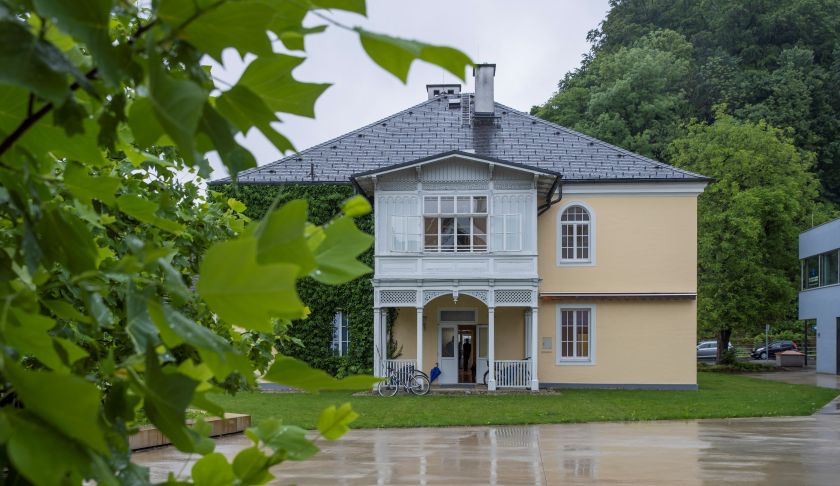
Treasures from the Festival Archive were last shown in all their glory at the state exhibition for the Salzburg Festival’s centenary, documenting once again how important it is to tell history anew and keep questioning the past.
In preparation for the refurbishment of the Festival venues, the Festival Archive — one of the most extensive theatre archives in Austria — will move to the former Villa Weizner in Riedenburg (Neutorstrasse 25) next autumn. In time for the Reinhardt Year 2023, the new location will also feature several innovations: a small permanent exhibition, barrier-free accessibility and more outreach work. Curator- and expert-led projects will also be underway by summer 2023, making the archive’s full scope and numerous collections more visible and easily usable.
SYMPOSIUM
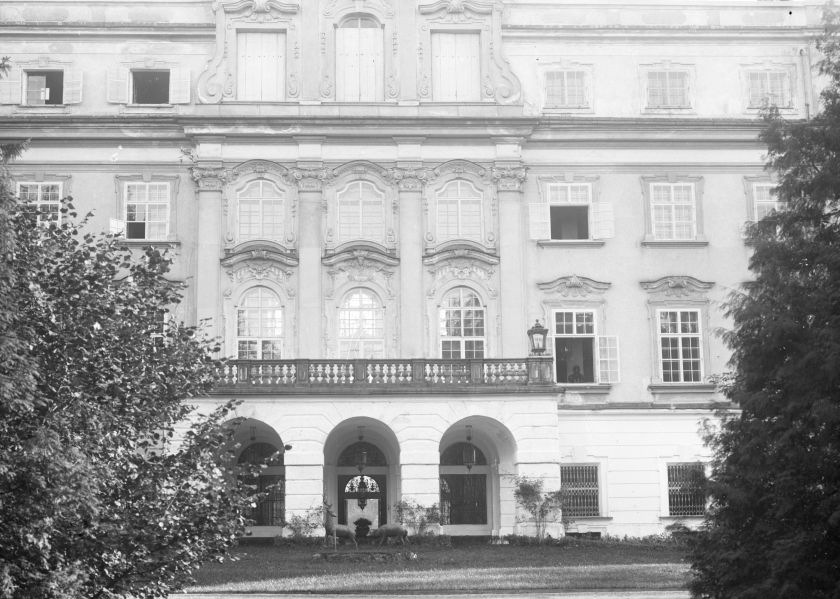
Max Reinhardt’s work during the Salzburg Festival’s early years has already been extensively presented in recent seasons as part of the centenary celebrations (2020/21). In 2023 we are therefore focussing on his very last Salzburg production: Goethe’s Faust (1933—7), which will be explored in connection with the historical turning point of 1937/38.
As with the previous publication of Reinhardt’s prompt book for Jedermann (Everyman), we are producing a critical annotated facsimile edition of Reinhardt’s prompt book for Faust in cooperation with Hollitzer Verlag and the Austrian Theatre Museum. This new publication will be accompanied by an academic symposium that will examine Max Reinhardt’s international artistic network and discuss the relevance of what was once seen as the most important German-language play, Faust, for teaching and research today.
APPROACHES TO FAUST
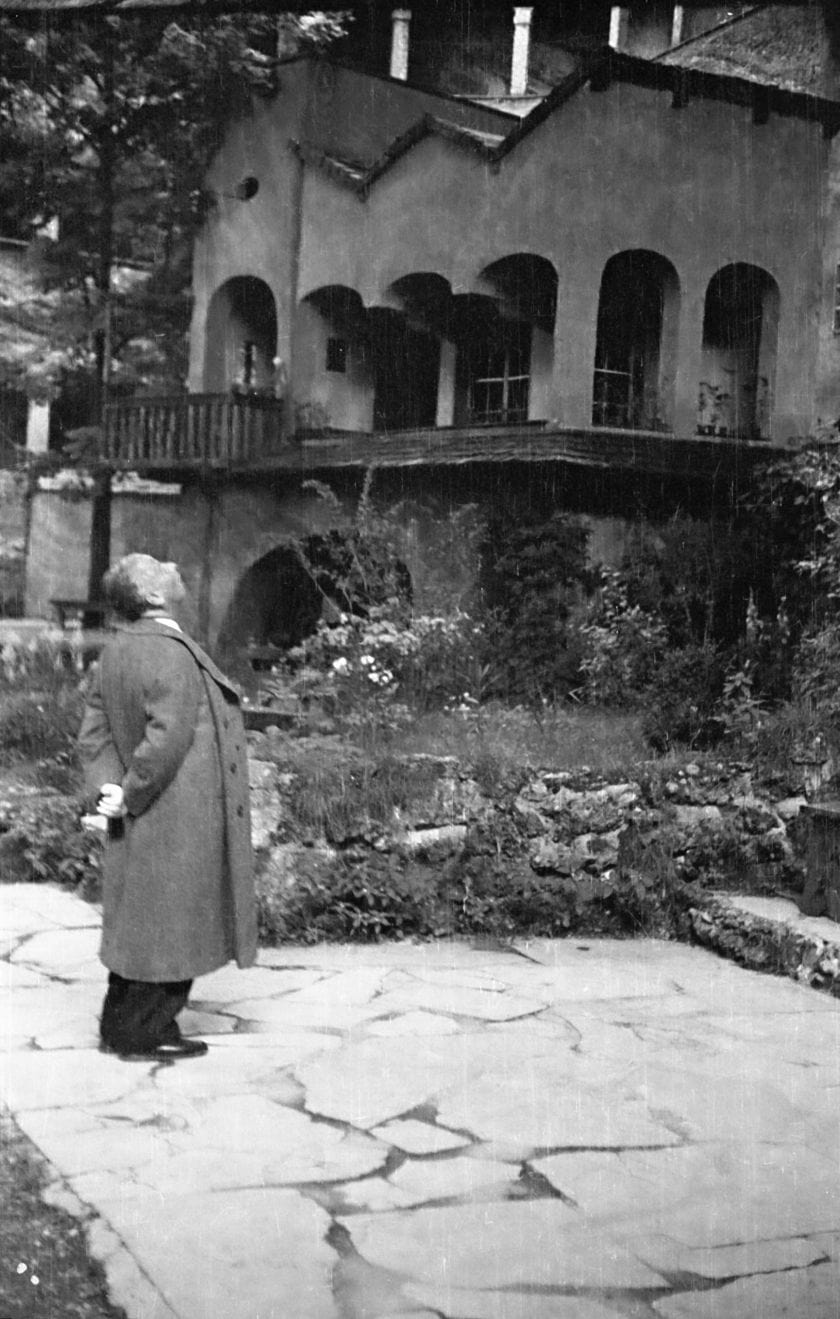
In cooperation with two of the most important trustees of Max Reinhardt’s estate — the Austrian Theatre Museum and the Vienna City Library — we will reconstruct a mental image of Max Reinhardt’s last Salzburg production. Reinhardt’s direction, Clemens Holzmeister’s set designs and the brilliant ensemble led by acting greats Paula Wessely and Ewald Balser will be brought to life through rehearsal notes, models, sketches, designs, photos and memorabilia. Questions about the direction and set designs are addressed in various pieces of correspondence, which even mention an apparent attempt by the Nazis to exert influence on the production.
The Salzburg Faust also brought about a tentative rapprochement between Max Reinhardt and Stefan Zweig. The difficult relationship between the two Salzburg intellectuals is put under the spotlight at Edmundsburg, while Max Reinhardt and Helene Thimig recall their ‘most beautiful, rewarding and vital years’ in original letters written in American exile and displayed at Schloss Leopoldskron.
A PARTY FOR MAX REINHARDT
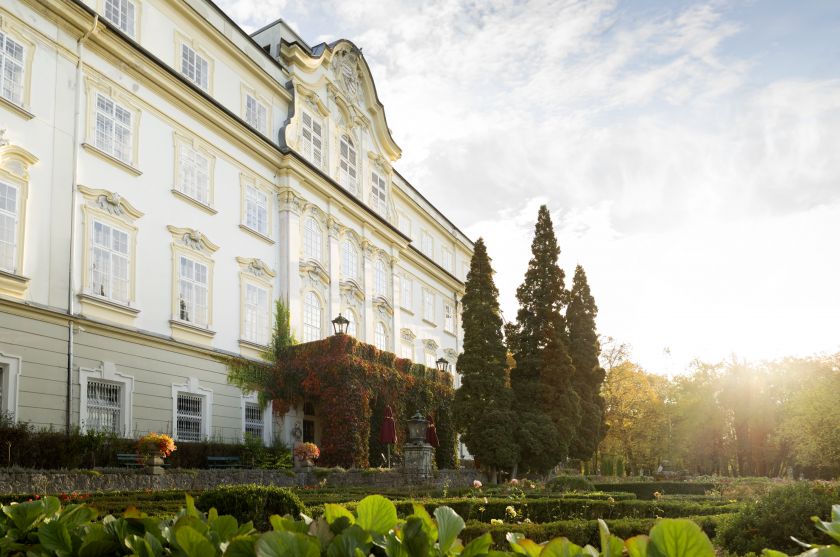
As part of the celebration to mark the opening of the Festival, Schloss Leopoldskron throws open its doors to locals and everyone visiting Salzburg for a party in honour of Max Reinhardt. The special ambience of the place and the spirit of its former châtelain will come alive through readings, film screenings, a lakeside concert, and much more.
FAUST 2023
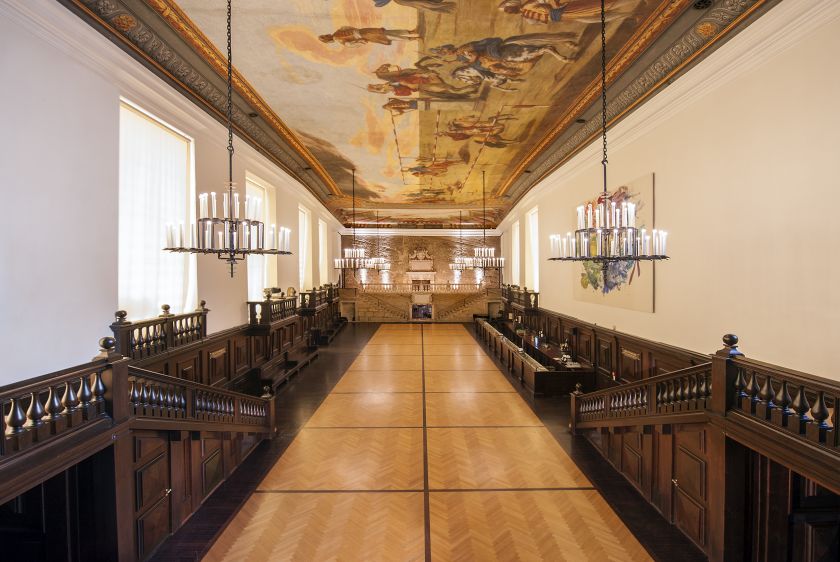
330 years ago, 96 arcades were carved into the Mönchsberg rock according to a design by the Baroque architect Johann Bernhard Fischer von Erlach and commissioned by Archbishop Johann Ernst Thun. The newly created space originally served as an auditorium for the archbishop’s equestrian shows and animal fights. 240 years later, Max Reinhardt transformed this special place into a venue for theatre and for the Salzburg Festival. In the summer of 1933, Reinhardt realized his acclaimed production of Faust in the Felsenreitschule. The architect and set designer Clemens Holzmeister built his famous ‘Faust town’ in and around the arcades, which generated the magical effect of a stage with multiple levels.
We will re-create this unique set and re-animate Max Reinhardt’s Faust production with a virtual reproduction of the Faust town and an immersive guided tour. Storytelling, photographs, scenery, props, video clips and VR elements will play a leading role. The virtual reality application will be developed by the Ars Electronica Futurelab: using 3D glasses, visitors can explore the famous stage set from completely new angles and see individual areas in detail. This creates an immersive experience that brings the Faust town to life.
Details: 25 (previews) and 31 August as well as 8, 9, 26 and 27 September 2023 (further dates to be announced as appropriate).
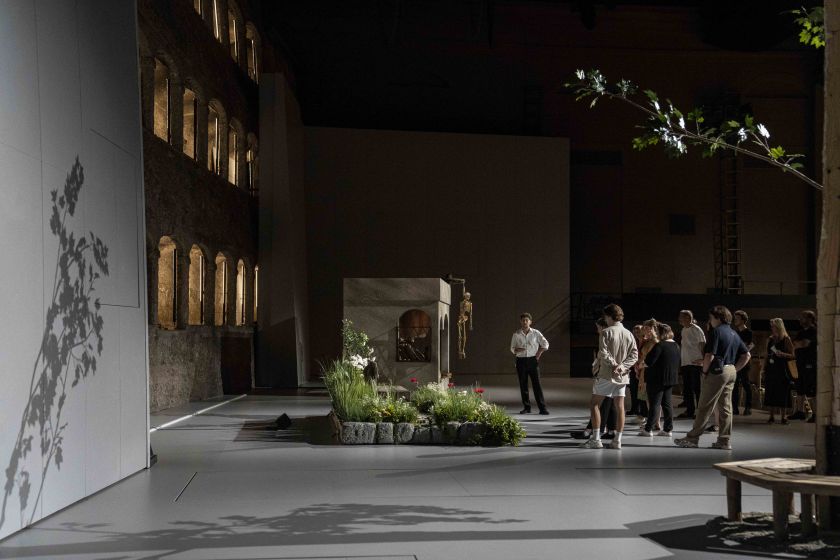
If you're in Linz from 6 to 10 September, you're invited to join in the fun at the Ars Electronica Futurelab.
Here, you can experience technology as a social instrument in a new way at the free Open Futurelab at the Ars Electronica Festival 2023. Among many exciting experiences, the FAUST 2023 event will be presented in the Ars Electronica Center’s Deep Space 8K.
In the fall of 2023, the theater world celebrates one of the most famous German-speaking people in theater of the 20th century, Max Reinhardt. The Salzburg Festival commemorates the theatrical magician by recreating one of his most famous projects: the acclaimed production of Goethe’s “Faust” (1933-1937) at the famous venue Felsenreitschule in Salzburg with “FAUST 2023 – A performative tour”. The Salzburg Festival devised a unique dramaturgy while the Ars Electronica Futurelab created the virtual reality application Faust VR: a unique experience, thanks to an elaborate digital reconstruction of the famous stage set.
More about the project: https://ars.electronica.art/futurelab/en/projects-faust-vr/
More about the Ars Electronica Festival 2023: https://ars.electronica.art/futurelab/en/open-futurelab-2023/
